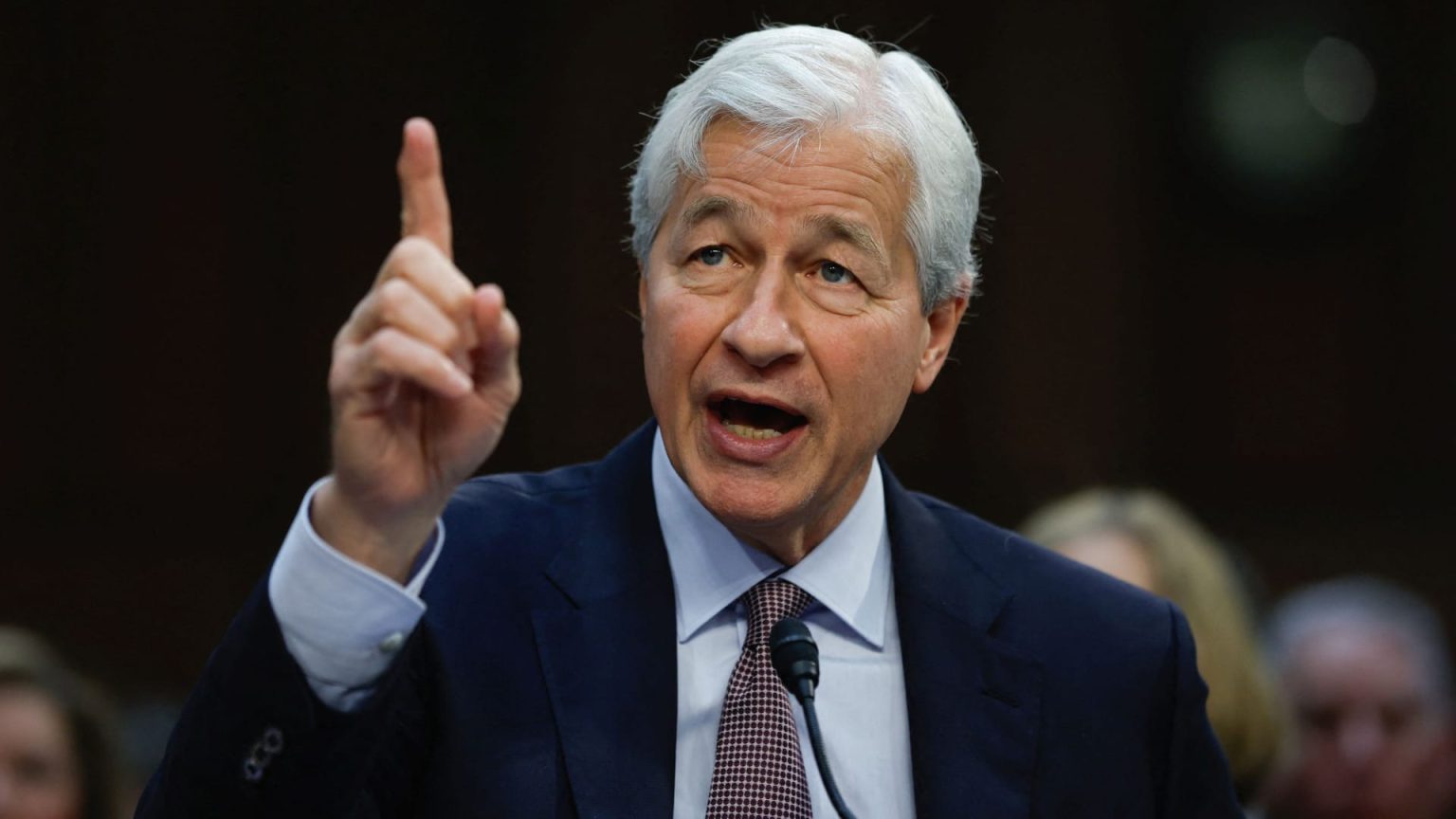JPMorgan Chase is facing potential punishment from the Consumer Financial Protection Bureau over its involvement in the Zelle peer-to-peer digital payments network, accused of failing to remove criminal accounts and not compensating scam victims. This threat has led the bank to consider litigation against its regulator, a move that would have been unthinkable in the past. The relationship between banks and regulators has deteriorated over the years due to various factors, leading to increased confrontations and legal battles between the two sides.
Post the 2008 financial crisis, banks have become targets for regulatory agencies, especially as they relied on taxpayer bailouts to survive. Meanwhile, banks have been leveraging Republican-dominated courts to resist reform efforts and protect their fees at the expense of consumers. The advent of ambitious regulations by President Joe Biden’s administration and the conservative nature of some courts has created opportunities for successful litigation by the banking industry against regulatory proposals. This clash of forces has intensified in recent years and is reflected in the ongoing confrontations between banks and regulators.
Amidst this regulatory environment, 2021 emerged as a critical year for the banking industry, with government agencies seeking to reduce fees on various banking activities. Efforts to implement reforms like the Basel Endgame, which aimed to increase capital requirements for large banks, faced strong pushback from industry players. JPMorgan has been at the forefront of the resistance to regulatory changes, warning investors about the potential impacts of new regulations on consumers. CEO Jamie Dimon played a significant role in campaigning against the Basel proposal, arguing that the costs would ultimately be passed on to consumers.
JPMorgan’s involvement in the Zelle platform has attracted scrutiny from lawmakers, with concerns raised about the handling of fraudulent transactions and compensating victims of scams. While the majority of Zelle transactions are legitimate, banks have been criticized for not adequately refunding disputed transactions. The discrepancies in reimbursement policies have led to investigations and increased oversight of digital payment platforms. JPMorgan’s responses to these challenges, including warning users about scams, have not prevented regulatory scrutiny on its practices in the digital payments space.
The banking industry, led by major players like JPMorgan, has been successful in pushing back against certain regulations through legal challenges in conservative jurisdictions. By choosing courts that are favorable to industry lawsuits, banks have managed to delay or weaken regulatory proposals, protecting their interests in the process. The trend of “venue-shopping” to file cases in courts that are likely to rule in favor of industry interests has become a well-established strategy for corporations, particularly in highly regulated sectors like finance. This strategy has helped the banking industry resist and undermine regulatory measures, ultimately maintaining the status quo in the face of evolving market dynamics.
The interplay between banks, regulators, and the judicial system reflects a polarized environment where regulatory actions are challenged and delayed, perpetuating the advantages of large corporations. The impact of this dynamic extends beyond the banking sector, affecting industries like airlines, pharmaceuticals, and energy, where well-funded trade organizations resist regulatory changes. While the banking industry has been particularly active in suing regulators, the broader implications of this legal strategy are concerning as they limit the ability to adapt regulations to changing market realities. The alignment of weakened federal agencies and industry-friendly courts poses challenges for effective regulation, potentially hindering progress and innovation in the financial sector.


